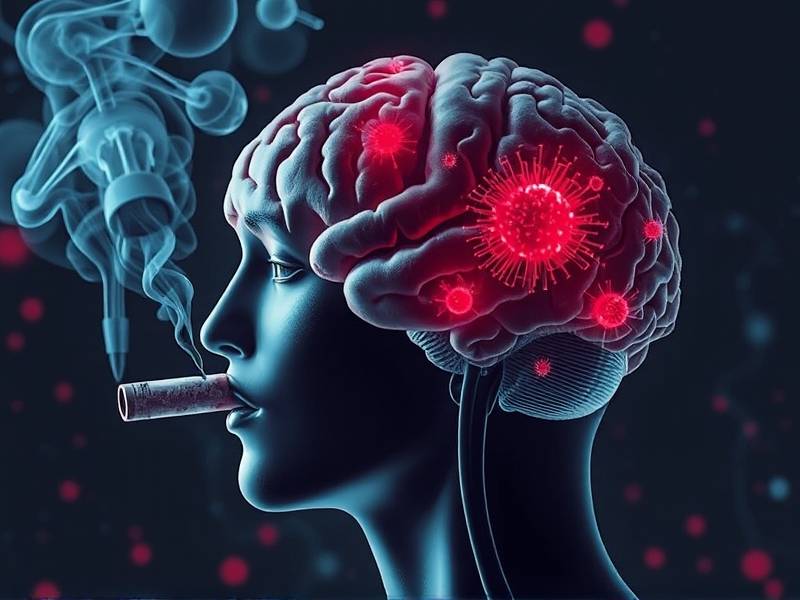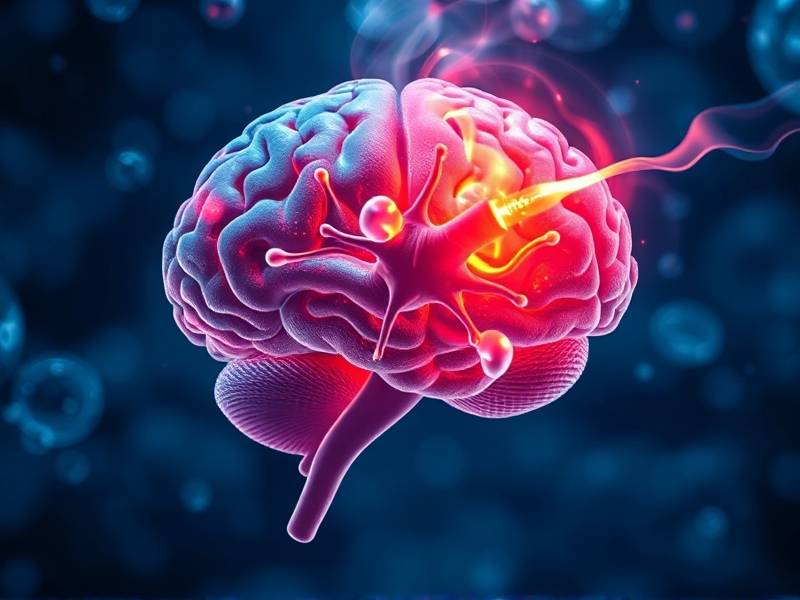Do Brain Cells Really Grow Back When You Quit Smoking? The Science Behind This Question
Do Brain Cells Really Grow Back When You Quit Smoking? The Science Behind This Question
Introduction: The question of whether brain cells can regenerate after quitting smoking has been a topic of great interest. Many smokers are motivated by the hope of regaining cognitive functions, while others are curious about the potential benefits of quitting. In this article, we will delve into the science behind this question and explore the possibilities of brain cell regeneration.
I. Understanding Brain Cell Regeneration

-
What is Brain Cell Regeneration? Brain cell regeneration, also known as neurogenesis, refers to the process by which new neurons are generated in the adult brain. This process is essential for cognitive function and plays a crucial role in learning, memory, and mood regulation.
-
Factors Affecting Brain Cell Regeneration Several factors can influence brain cell regeneration, including age, genetics, and lifestyle choices. Among these factors, quitting smoking has been identified as a significant contributor to neurogenesis.

II. The Impact of Smoking on Brain Cell Regeneration
-
Smoking and Neurotoxicity Smoking introduces numerous harmful chemicals into the body, including nicotine and carbon monoxide. These substances have been shown to have toxic effects on brain cells and can impair neurogenesis.
-
Reversal of Neurotoxicity After Quitting Smoking Research has demonstrated that quitting smoking can lead to a reversal of neurotoxicity and promote brain cell regeneration. By eliminating exposure to these harmful substances, the body's natural healing processes can begin to take place.
III. The Role of Nicotine in Brain Cell Regeneration
-
Nicotine's Effects on Neurogenesis Nicotine has been found to have both stimulatory and inhibitory effects on neurogenesis. While it can stimulate certain aspects of neurogenesis in the short term, prolonged exposure can ultimately hinder this process.
-
Breaking the Nicotine Habit for Neurogenesis By quitting smoking, individuals break free from nicotine's inhibitory effects on neurogenesis. This allows for a more conducive environment for new neurons to develop and integrate into existing neural circuits.
IV. The Evidence Behind Brain Cell Regeneration After Quitting Smoking
-
Case Studies Numerous case studies have documented improvements in cognitive function among individuals who quit smoking. These improvements suggest that brain cell regeneration may be occurring after quitting smoking.
-
Research Findings Scientific research has provided evidence that quitting smoking promotes neurogenesis in various regions of the brain, including the hippocampus – an area crucial for learning and memory.
Conclusion: While it is not yet fully understood how quickly or extensively brain cells regenerate after quitting smoking, scientific evidence suggests that it is indeed possible for new neurons to develop following cessation of tobacco use. By understanding the science behind this phenomenon, individuals who quit smoking may be better equipped to harness its potential benefits for improved cognitive function and overall well-being.
